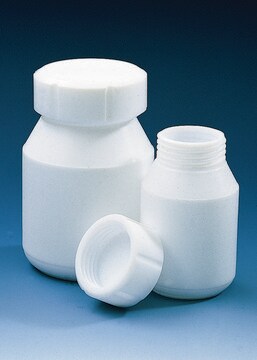A5971
Anti-Water Channel Aquaporin 4 antibody produced in rabbit
lyophilized powder, affinity isolated antibody
Synonym(s):
Anti-AQP4, Anti-Mercurial-Insensitive Water Channel, Anti-WCH4
About This Item
Recommended Products
biological source
rabbit
Quality Level
conjugate
unconjugated
antibody form
affinity isolated antibody
antibody product type
primary antibodies
clone
polyclonal
form
lyophilized powder
species reactivity
human, mouse, rat
technique(s)
flow cytometry: suitable (indirect)
immunocytochemistry: suitable
immunohistochemistry: suitable
western blot: suitable
UniProt accession no.
storage temp.
−20°C
target post-translational modification
unmodified
Gene Information
human ... AQP4(361)
mouse ... Aqp4(11829)
rat ... Aqp4(25293)
General description
Immunogen
Application
Biochem/physiol Actions
Physical form
Disclaimer
Not finding the right product?
Try our Product Selector Tool.
recommended
Storage Class
11 - Combustible Solids
wgk_germany
WGK 3
flash_point_f
Not applicable
flash_point_c
Not applicable
Certificates of Analysis (COA)
Search for Certificates of Analysis (COA) by entering the products Lot/Batch Number. Lot and Batch Numbers can be found on a product’s label following the words ‘Lot’ or ‘Batch’.
Already Own This Product?
Find documentation for the products that you have recently purchased in the Document Library.
Customers Also Viewed
Our team of scientists has experience in all areas of research including Life Science, Material Science, Chemical Synthesis, Chromatography, Analytical and many others.
Contact Technical Service











